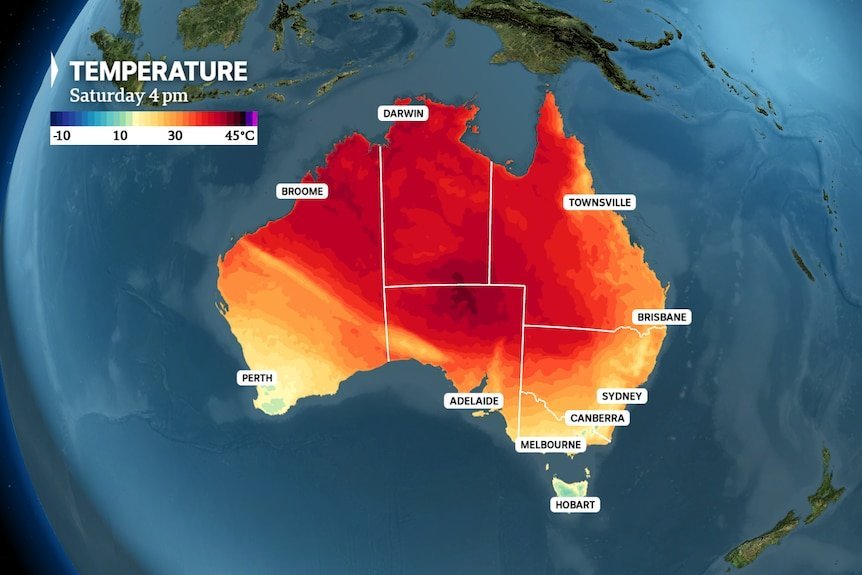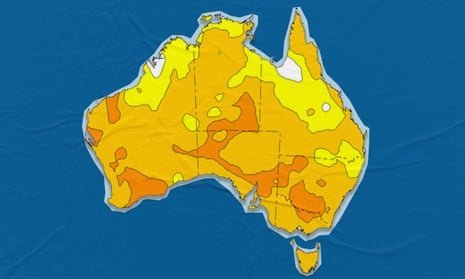WORLD ON BRINK OF CLIMATE CATASTROPHE: 2025 Set to be Second or Third Warmest Year on Record, UN Warns of ‘Irreversible Damage’
- Greenhouse gases carbon dioxide, methane, and nitrous oxide reached record-highs last year, driving global temperatures to catastrophic levels.
- The past 11 years have been the 11 warmest individual years in the 176-year observational record, with the past three years being the warmest on record.
- UN Secretary General António Guterres warns that we must act now to limit global warming to 1.5C before the end of the century, or face ‘irreversible damage’ to the planet.
The World Meteorological Organization (WMO) has sounded the alarm, warning that 2025 is set to be the second or third warmest year on record, with the past 11 years being the warmest in the 176-year observational record. The report, released ahead of the COP30 climate conference in Brazil, paints a dire picture of a planet on the brink of climate catastrophe.
“We must act now to limit global warming to 1.5C before the end of the century,” UN Secretary General António Guterres warned, “or face irreversible damage to the planet.” The WMO report reveals that greenhouse gases carbon dioxide, methane, and nitrous oxide reached record-highs last year, driving global temperatures to catastrophic levels.
The report’s findings are stark: the past three years have been the warmest on record, with the global mean near-surface temperature for January to August 2025 reaching 1.42C above the pre-industrial average. This unprecedented streak of high temperatures is linked to carbon emissions, with the WMO warning that “each year above 1.5C will hammer economies, deepen inequalities, and inflict irreversible damage.”
Climate scientists are sounding the alarm, with Dr. Blair Trewin, a co-author of the WMO report, stating that “the primary driver of the long-term warming trend is warming induced by greenhouse gases.” Professor Sarah Kirkpatrick, a climate scientist at the ANU, added that “the symptoms are there, it’s getting worse, we’re putting more carbon dioxide in the atmosphere, things aren’t starting to get better… in fact, some of the things mentioned in this report show that it is looking quite dire.”

The report also highlights the devastating impact of ocean warming, with record-high levels of ocean heat content in 2024 and early 2025. This has led to more frequent and intense tropical and subtropical storms, as well as a driver of sea-level rise. The rapid melting of the ice caps, with 450 gigatonnes of ice lost in 2024, is also contributing to the unprecedented rate of sea-level rise.
The WMO warns that the world is currently out of energy balance, with the oceans absorbing more carbon dioxide from the atmosphere, leading to a more acidic environment. This has far-reaching consequences for marine ecosystems, with warmer oceans resulting in more intense rainfall around the world.
In a desperate bid to avoid the worst effects of climate change, the UN is urging nations to take immediate action to reduce carbon emissions and limit global warming to 1.5C before the end of the century. As the COP30 climate conference approaches, the world waits with bated breath to see if leaders will take the necessary steps to save the planet from catastrophic climate change.

